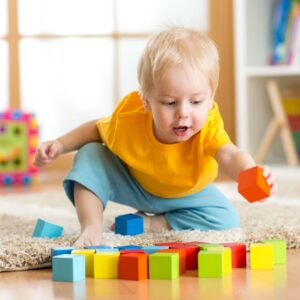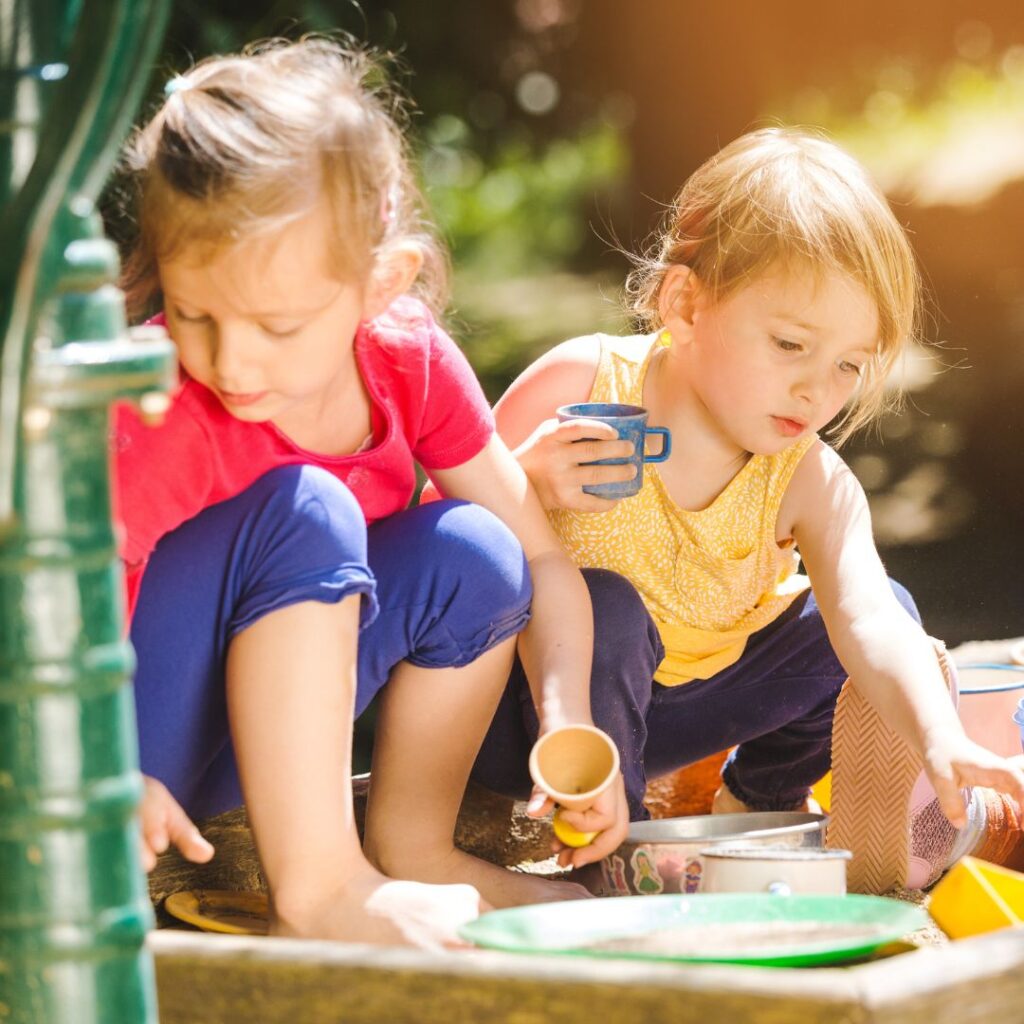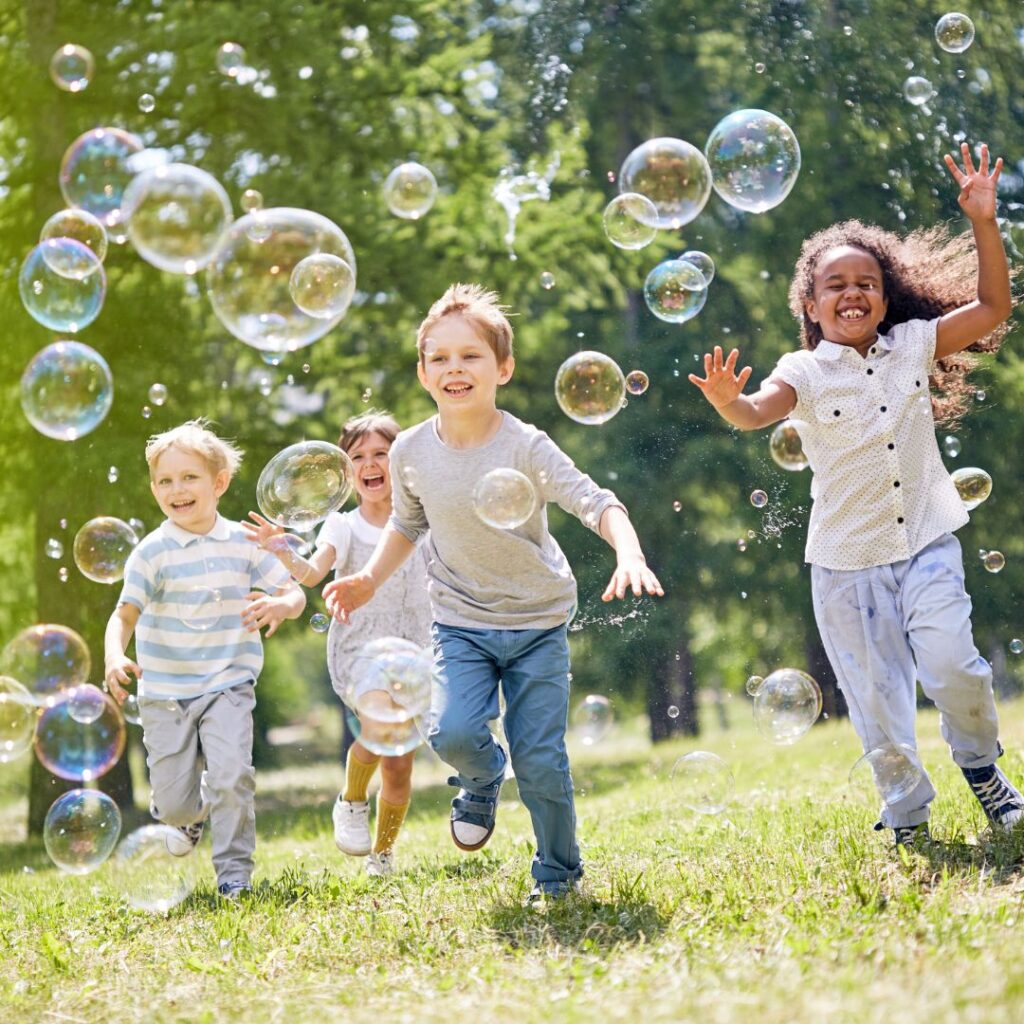happy little moments





The Importance of Play in Early Childhood
The importance of play in early childhood is a topic I am very passionate about. Unfortunately, many children today aren’t getting enough play on a day to day basis. According to Maria Montessori, the educator who created the philosophy of Montessori schools, stated, “Play is the work of the child.” Play is important for children because it is a natural way for them to learn about the world, develop essential skills, and build foundational abilities that are crucial for their overall development. But due to our increasingly hectic schedules and technology, many children today are not getting enough play and, therefore, not learning critical skills needed to thrive, and are increasingly anxious and depressed.
When we’re talking about the importance of play in early childhood, what exactly am I referring to when I say “play” for a child? The type of play I’m referring to can also be referred to as “free play.” Free play is child’s play is unhindered and unfacilitated by adults. It is play initiated by the child, is guided by the child’s imagination, and has no real extrinsic goal or intent. It’s play that is simply for fun with no other intended reason. The benefits of lots of free play are many.
The Benefits of free play
As adults, it’s easy to forget that the benefits of children playing and using their imaginations are endless. Although play has been a crucial part of childhood development for thousands of years, its benefits are only now being discussed deeply, now that children are not playing as much as they used to and are struggling with depression and anxiety. Many Gen Z, commonly referred to as the “iPad generation,” are still struggling with these issues into adulthood. Here are just some of the reasons and benefits our children need more unstructured play in their lives:
1). Free play helps a child’s cognitive development. Children learn problem-solving, creative thinking, and critical thinking skills from free play. They learn cause and effect, are able to experiment in different scenarios, and develop their imagination. Psychiatrist Stuart Brown, in his studies conducted over 50 years ago, studied 26 convicted murderers and discovered that the majority of the killers had 2 things in common: “1. They came from abusive families. 2). They never played as children.” Throughout his career, Brown studied thousands of people, asking them questions about their childhood. His research indicated that lack of imaginative free play in childhood prevented children from becoming “happy and well-adjusted” as adults.
Unfortunately, due to overscheduling, lots of adult intervention, and the developments in technology (i.e. video games, smartphones, iPads, etc.), many children are not getting nearly enough free play in childhood. And it’s creating the anxious and maladjusted adults we’re seeing today.

The Importance of Play in Early Childhood
2). Play in early childhood helps with social development. Play allows children to play with other children, share, learn empathy, experiment with various roles, and learn cooperation skills. They also learn how to solve conflicts, social cues, listening, and communication skills
3). Playing allows children to develop emotionally. Through play, children learn to express themselves naturally and to regulate their own emotions. They begin to understand their own feelings and the emotions of others by role-playing. They get to literally put themselves in someone else’s shoes, which allows for the development of empathy.
4). Play facilitates physical development for a child. Children run, jump, skip, and climb while they are in the midst of free play. All of these activities help build their muscles and develop their gross and fine motor skills. Even some amounts of mild risky play (such as climbing) are good for a child’s muscles and for learning boundaries. Play for physical development helps them gain better muscle control, coordination, and maintain overall good physical health.
Play is the Work of a child. -Maria Montessori
5). Play even helps with a child’s language development. Children talk to themselves even when they’re playing alone. They learn communication skills when playing with others: they learn how to tell stories, how to converse and listen, and how to follow instructions.
6). Playing unhindered allows children to develop their imaginations and creativity. When free playing, the sky is the limit to play scenarios, various roles, and even different “worlds” that the children create in their own imaginations. We all know that children’s favorite toys are boxes, sticks, and blankets. All the other toys in the world shy in comparison to the wonder of a simple box. Allowing children to occasionally play in a setting devoid of “real toys” is one of the best things you can do to watch your child’s imagination soar.
7). Play provides stress relief and relaxation for children. It’s a natural way for children to release their energy in a positive way, and it reduces anxiety and stress. Just like we get stressed when we’re overscheduled, children are the same, only perhaps more sensitive to it because their brains are still developing.

Let kids be kids
Lastly, children just need time to just be children. We all need a break from this crazy world, but unfortunately, our children often don’t get those breaks as much as we do. We forget how many hours our children are in school or child care each day. They need a little extra time to recuperate, instead of being shuffled from one activity to the next. Let’s all try to be mindful of the amount of down time our children are getting, and remember the importance of play in early childhood.
In summary, let’s bring back free play for our children. We all need to limit the screens and activities and let kids be kids. Last spring, I realized I allowed my kids to get overscheduled so we’ll be pulling back on the activities this fall. Allowing children to free play is so crucial to their development and making sure they turn into well-adjusted, emotionally stable adults someday. This is a crucial topic so let’s work together to raise Gen Alpha to be the best yet!
